The transition from college to the workforce is an exciting but often challenging time. As you move from the structured environment of academia into the professional world, it’s essential to be well-prepared for the job market and to navigate the changes that come with life after graduation. This guide provides practical advice on preparing for your job search, crafting a compelling resume, and ensuring a smooth transition from college to career.
Preparing for the Job Market.
The first step in transitioning from college to career is preparing for the job market. Start by researching potential career paths that align with your degree, interests, and skills. Utilize your college’s career services, which often provide valuable resources such as career counseling, workshops, and job fairs. Networking is also crucial—connect with alumni, professors, and industry professionals who can offer guidance and possibly open doors to job opportunities. LinkedIn is a powerful tool for building and maintaining a professional network, so make sure your profile is up to date and reflects your skills and experiences. Additionally, consider gaining practical experience through internships, part-time jobs, or volunteer work in your desired field, as this can make you a more competitive candidate.
Crafting a Compelling Resume.
Your resume is often the first impression you make on potential employers, so it’s important to craft it carefully. Start by highlighting your education, including your degree, relevant coursework, and any academic honors or scholarships. Next, focus on your work experience, internships, and extracurricular activities that demonstrate your skills and achievements. Use action verbs and quantify your accomplishments where possible (e.g., “Increased social media engagement by 30%”). Tailor your resume for each job application, emphasizing the experiences and skills that are most relevant to the position. Don’t forget to include a professional summary at the top of your resume that concisely describes your career goals and what you bring to the table. Proofreading is essential—ensure there are no errors in spelling, grammar, or formatting before submitting your resume.
Transitioning Smoothly to the Workforce.
Transitioning from college to the workforce involves more than just landing a job; it’s also about adjusting to a new lifestyle and set of expectations. Start by setting realistic goals for your first year out of college, both professionally and personally. Understand that the entry-level job you land may not be your dream job, but it’s an important stepping stone that offers learning opportunities and experience. Develop good time management skills to balance work responsibilities with personal life, and be proactive in seeking feedback and opportunities for growth in your new role. Additionally, financial planning becomes crucial—create a budget that accounts for your new income, student loan payments, and living expenses. Establishing healthy routines, such as regular exercise, a balanced diet, and sufficient sleep, can also help you manage the stress that often accompanies this transition.
Level Up with Magna College Consulting.
Transitioning from college to the workforce is a major milestone, and being well-prepared can set you on the path to success. At Magna College Consulting, our focus is on helping you gain admission to the right college that will equip you with the skills and experiences needed for your future career. Our expert consultants are here to guide you through the college application process, ensuring you choose a school that aligns with your long-term goals. Start your journey with confidence—contact us today for personalized support in crafting a strong college application that sets the stage for your future success.




